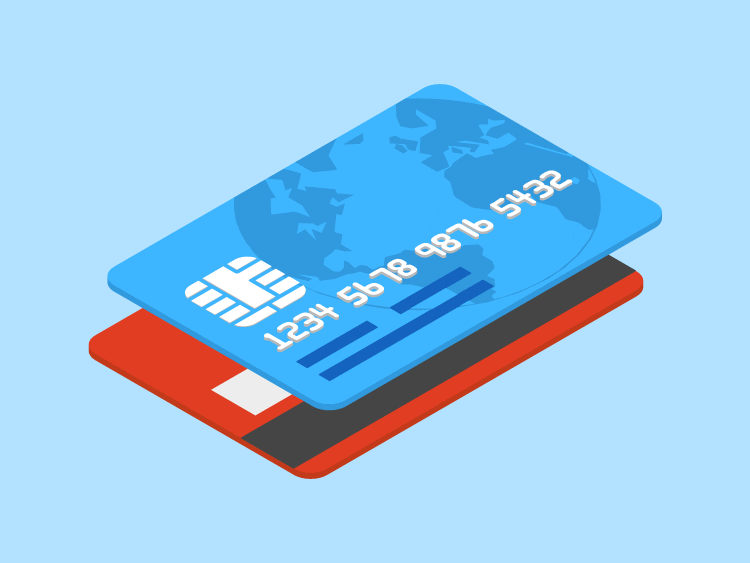How to Get Rid of Credit Card Debt

A credit card balance is an amount of money you owe. You may not think of this amount as debt until it’s too expensive to pay off, or you have missed your grace period. In other words, when you find it difficult to make the minimum monthly payment, you’re in serious trouble.
Credit cards charge interest on the amount you owe, which can add up quickly. Moreover, falling behind on repayments will affect your credit history and may prevent you from borrowing money in the future. Hence, the first step in tackling debt is to reduce interest on your credit card balance. To do this, use the rolldown method and make more than the minimum payment due each month.
Before you begin a debt repayment program, make sure to check your credit score regularly. This will help you identify any potential issues with your credit score. You should also carefully review your credit report and try to understand what makes your score high or low. Credit card debt is no fun, but if you can take action now, it will be easier to pay off in the long run.
Once you know how much interest you’re paying on your debt, you can calculate how much money you’ll need to make every month to pay off your balance. The easiest way to do this is to use an online calculator. You can input the APR of your credit card, as well as the number of days in the billing cycle. Once you’ve got that information, it’s time to look into your payment options. You may even find that credit card issuers are more than willing to work with you if you’re in trouble.
In fact, most credit card interest rates are variable and based on the prime rate, which is tied to the Federal Reserve’s benchmark fed funds rate. If the Fed increases or decreases the target rate, this will affect your credit card interest rate, making your debt more expensive. In addition, credit card issuers usually require a minimum payment every month, which is typically between 1% and 2% of your balance. This amount covers interest charges and any fees you’ve accrued.
High balances on credit cards will decrease your credit score. Generally, any balance over 30% of your credit limit will negatively affect your score. You may find it difficult to stay within your budget if your credit card payments are over 30% of your income. However, there are some guidelines you can follow to keep your balances below the 30% limit.
To help consumers manage their debt and reduce interest costs, the federal financial regulators introduced guidance in 2003 that required issuers to set minimum payments that amortize the current balance. While these payments were not explicitly mandated, they have become widely accepted as meeting the reasonable period standard.
How to Get Rid of Credit Card Debt was first seen on Debt Worries
